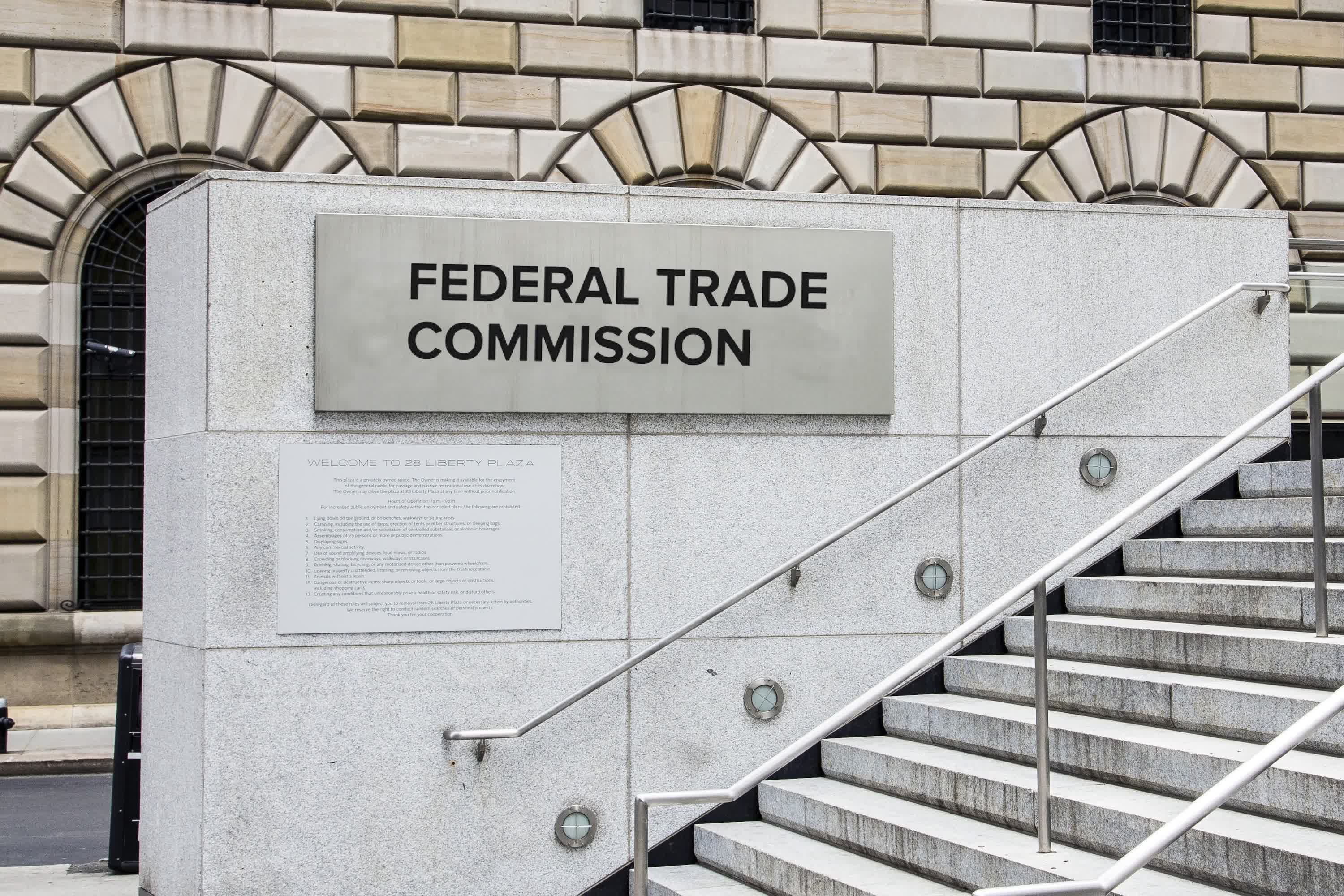A hot potato: As expected, all the companies that make it hard for you to cancel service are throwing cases to the courts over the FTC's C2C rule. The amendment to the Negative Options Rule of 1973 severely hampers a service provider's ability to keep you and your credit card on the books. Lobbyists are pulling out a coordinated effort to ice the reg.

Telecom, advertising, and newspaper lobbying groups have filed multiple lawsuits to block the Federal Trade Commission's adoption of its newly approved "Click-to-Cancel" regulation. It's not surprising considering that these same groups were contending that the rule is a disservice to consumers because they are more likely to cancel their services accidentally. That argument has since morphed into a more valid reason – it limits their ability to give the customer the hard sell when they want to cancel service.
According to the lawsuit filed jointly by the cable lobbying group NCTA and the Interactive Advertising Bureau in the Fifth Circuit Court, the rule limits a firm's ability to talk customers out of canceling their cable or other services. They also contend that the rule outsteps the FTC's authority and violates the service provider's First Amendment protections.
Fifth Circuit Court of Appeals Petition via CourtListener
A second suit, filed in the Sixth Circuit by the Michigan Press Association and National Federation of Independent Business, uses identical language to the other lawsuit. Ars Technica notes that this is likely a coordinated effort between lobbying groups.
Both filings read:
"The Final Rule is an attempt to regulate consumer contracts for all companies in all industries and across all sectors of the economy in which the customer purchases a service or subscription that will continue unless the customer exercises the option to cancel. The Final Rule calls these "negative option" contracts – estimated as covering over a billion paid subscriptions in the United States – and deems them all to be deceptive unless they comply with onerous new regulatory obligations regarding disclosures, how those disclosures are communicated, a "separate" consent requirement, regulations of truthful company representative communications with customers, and prescriptive mandates for service cancellation, among others."
All plaintiffs agree that the "negative option" rule complicates things more for the consumer since companies cannot receive cancellation feedback and adjust their services accordingly. Situations, where the customer does not understand that there are other options, go unaddressed because the FTC is essentially gagging service providers with the rule. The rule also bans auto-renewing trials and subscriptions unless customers explicitly state they want to renew after the trial or subscription period concludes.
Sixth Circuit Court of Appeals Petition via CourtListener
When identical lawsuits appear like this, the courts do not hear them separately. Generally, the Judicial Panel on Multidistrict Litigation selects a court at random to hold the case. The Fifth and Sixth Circuits are both considered conservative courts, so it is unclear what the lobbyists' end run is. The FTC approved the regulation in a 3-2 final vote along party lines, with a conservative commissioner voting against it.
It is also not likely a stalling tactic since the rule does not kick in until six months after federal registration. The groups could be attempting to drag out the hearing. However, it's not likely that judges will allow frivolous stalling shenanigans so long as the FTC can prove it has the authority to enact the regulation.
While the FTC has not yet commented on the lawsuits, it has previously asserted that it has the power to implement the rule under Section 18 of the FTC Act. That part of the law states that the FTC has legal authority to propose and approve rules defining "unfair or deceptive practices" and to implement regulations that address these actions in the consumer's interest.
Image credit: Alpha Photo
Big Cable and others file multiple lawsuits to block the FTC's Click-to-Cancel regulation